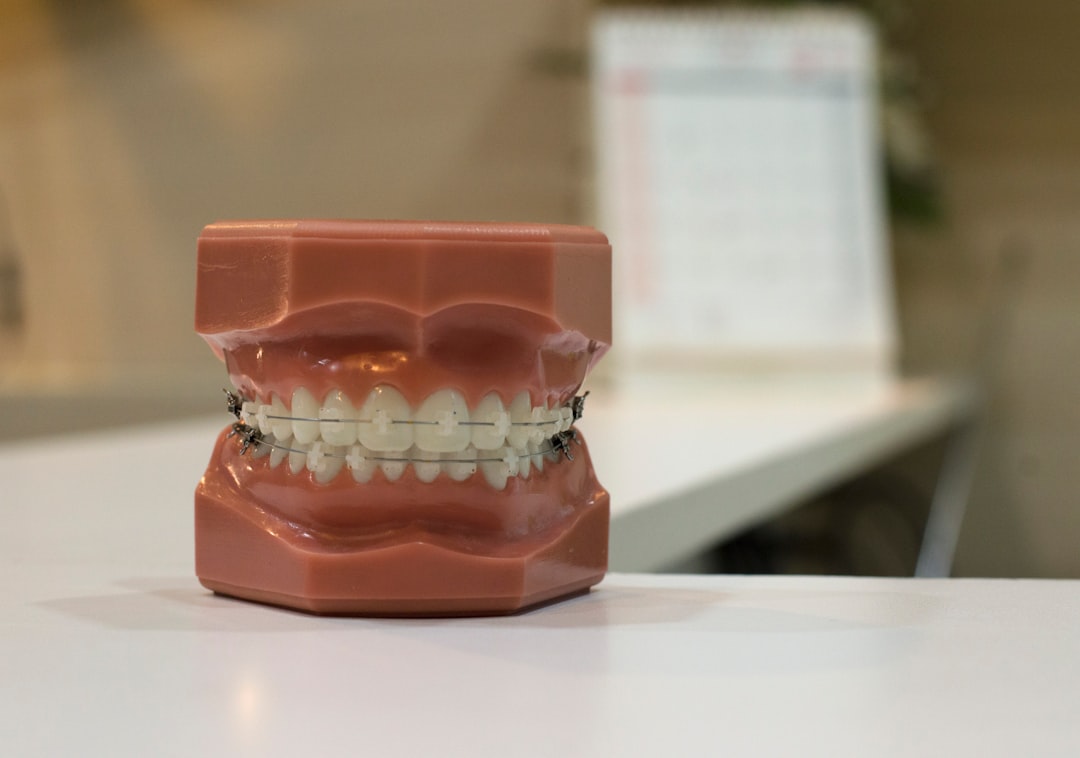Your Complete Guide to Oral Hygiene
Discover the 10 must-have things for oral health, including toothbrushes, toothpaste, flossing tools, tongue scrapers, mouthwash, and more, and learn how to take charge of your oral hygiene practices with expert guidance from Cary Ganz Consulting.

Oral Hygiene Essentials
Good oral health starts with the basics: brushing and flossing. A toothbrush is the foundational tool for oral hygiene, effectively cleaning teeth and gums with regular use. However, it’s crucial to replace your toothbrush every three to four months, or sooner if the bristles become frayed, to ensure effective cleaning and prevent bacterial buildup.
Toothpaste is another key player in oral hygiene. It not only cleans your teeth but also helps prevent cavities, especially when it contains fluoride. Proper brushing technique is also crucial. It’s recommended to brush at a 45-degree angle to your gums and use short, tooth-wide strokes.
Flossing and Beyond
Flossing is an essential part of oral health care that should not be overlooked. Dental floss helps remove plaque and food particles from between your teeth, areas that a toothbrush can’t reach. Daily flossing is recommended to maintain good oral health.
For those hard-to-reach areas, dental picks and interdental brushes can be very useful. They’re especially beneficial for people with braces or other orthodontic appliances.
Water flossers are another great tool for maintaining oral hygiene. They’re effective in removing plaque and reducing the risk of gum disease, serving as a suitable alternative to traditional flossing for those who struggle with it.
 Additional Tools for Comprehensive Oral Health
Additional Tools for Comprehensive Oral Health
A tongue scraper is another valuable tool in your oral hygiene arsenal. It helps remove bacteria and debris from your tongue, which can contribute to bad breath if left unchecked. Regular use of a tongue scraper is an effective way to maintain oral hygiene and freshen your breath.
Mouthwash is more than just a breath freshener. It helps kill bacteria in your mouth and can reduce plaque and gingivitis. Using mouthwash regularly, along with brushing and flossing, can significantly improve your oral health.
Chewing sugar-free gum can also contribute to oral health. It stimulates saliva production, which can help prevent tooth decay. It’s a convenient oral hygiene aid that you can use anytime, anywhere.
Lifestyle Choices and Dental Visits
Diet plays a significant role in oral health. Limiting sugary and acidic foods can protect your teeth and prevent tooth decay [3]. Regular dental visits are also necessary for maintaining oral health. Professional cleanings and check-ups can detect potential issues early and ensure your oral hygiene routine is effective.
A typical dental visit may include services like oral cancer screening, teeth cleaning, and more, providing comprehensive care for your oral health.
 Taking Charge of Your Oral Health
Taking Charge of Your Oral Health
Good oral hygiene is more than just a beautiful smile; it’s a significant part of your overall well-being. Small changes in brushing technique and timing can make a big difference in your oral health.
For more guidance and support on various topics related to dentistry, including oral hygiene practices, you can explore Cary Ganz Consulting, a leader in dental consulting services for new dentists and dental professionals.
Call to Action
Take control of your oral health with these must-have items and a proactive approach to oral hygiene. For additional resources and guidance on oral health, visit Cary Ganz Consulting‘s website for valuable insights and support for your dental career.
